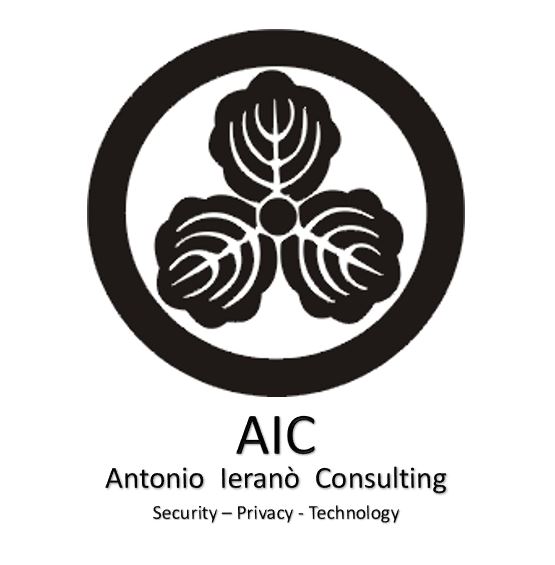Industry 4.0. a cultural revolution before a technology one
by Antonio Ieranò

We are used to deal with linguistic expressions consisting of a name and two wagered numbers whose second is a zero: Type 2.0, 3.0, 4.0 and so on.
Referenced in ascending order, the figures would suggest an evolution, a transition to a more advanced version (or up to date one) of a given situation or a certain object. Among the first to show itself, and the best known not only among the experts there is definitely “web 2.0”. It is a fascinating phenomenon from an ideal point of view; it has created a cultural movement that changed heavily our world, and has triggered a lot of discussions about the future of our society but, from a technological point of view, is basically empty, devoid of content.
What the Web 2.0 brought as an extraordinary novelty was the change of approach on the internet, with the shift from a system in which only a limited number of content providers produced and delivered content to another mode that, on the contrary, it provided and it favored the emergence of a growing community range of users, each of which are able not only to produce but also to share – or to network – these contents.
In a sense, the Industry 4.0 is not different from the above mentioned web 2.0: more than a technological revolution – the digital age is certainly not a novelty in these last few years – we must talk about new attitude and fresh approach on how to make industry ,how to produce.
An attitude with strong links to issues mainly related to roles and processes than technology, that involves much less technical staff and much more key figures in the company as the Chief Financial Officer or the Chief Executive Officer, roles that in the enterprise ecosystem outline the strategies and take decisions, choosing one direction and not another.
Working in a company that provides the backbone for the Industry 4.0, as ICT devices and the related tools, I am firmly convinced that, for a company, it is important to have a project. Each ICT or software implementation without serious and structured ideas behind it is absolutely useless, if not harmful.
That’s why the Industry 4.0 is primarily the need or ability to define within the company, whatever vertical or size, whatever the economic impact, a new path for resources management. And this means management and integration of every resource, from energy production to ICT, and so on.
The Industry 4.0 is a great idea thanks to which all objects and all the subjects that are part of a company stop being isolated entities and become connected and not only as a matter of physical connection or communication one, but as a real matter of processes and management.
In this sense, the interconnection means that all objects and subjects – all “united-connected” – must be able to work together to deliver a result.
It is obvious that to jointly work and guarantee a result, properly working devices and tools (hardware and software) are needed, as the connectors for wiring, sensors for monitoring data, big data and data quality systems analysis, up to IT security systems.
But those elements, although important, are not decisive to get to a full result. What comes before the good functioning of those tools is the ability to integrate technology into processes and – at the same time – into the corporate culture. In other words, this means that the company will be ready to leverage the best results of what new technology can generate, that means outputs functional and strategic to the enterprise needs itself.
This is not happening at the moment, one example above all: the amount of data that the interconnected objects produce remains unused or underutilized due to poor analytical skills.
The Industry 4.0 is revolutionary in its being an element of rupture with respect to the consolidated industrial models. And this is true both for large groups, where each intervention has greater repercussions (just think of interventions to improve energy efficiency) and SMEs.
In Italy, in particular, it is important that small and medium enterprises equip themselves with the cultural tools to understand where to intervene to become or stay competitive in a global drastically changed landscape. This means knowing how to choose the solution that best suits your needs and the system that best fits with your strategic growth plans.
In the market there is no shortage of choices: legacy platforms, cloud services, guidance counselors, outsourcing… Each choice has advantages and disadvantages: the important thing is that even in a small business reality there is someone who has a broader view, a medium to long-term view.
How it will be, then, this passage Industry 4.0? Probably slow; a path made by small steps because of the cultural reasons cited above and for purely economic reasons, taking into account the considerable costs for the adaptation of production environments to the new standards.
No doubt this will be an inevitable path and the sooner we will start to think in a new way, the sooner we will recover global competitiveness as system-country.
var aid = '6055',
v = 'qGrn%2BlT8rPs5CstTgaa8EA%3D%3D',
credomain = 'adkengage.com',
ru = 'http://www.thepuchiherald.com/wp-admin/post.php';
document.write('');
Industry 4.0. a cultural revolution before a technology one was originally published on The Puchi Herald Magazine

